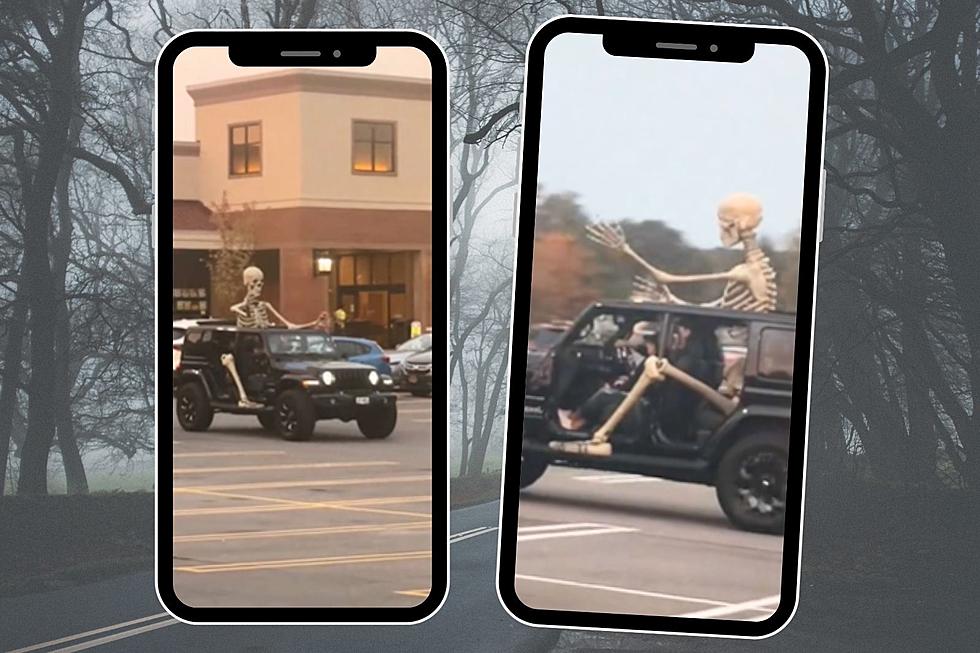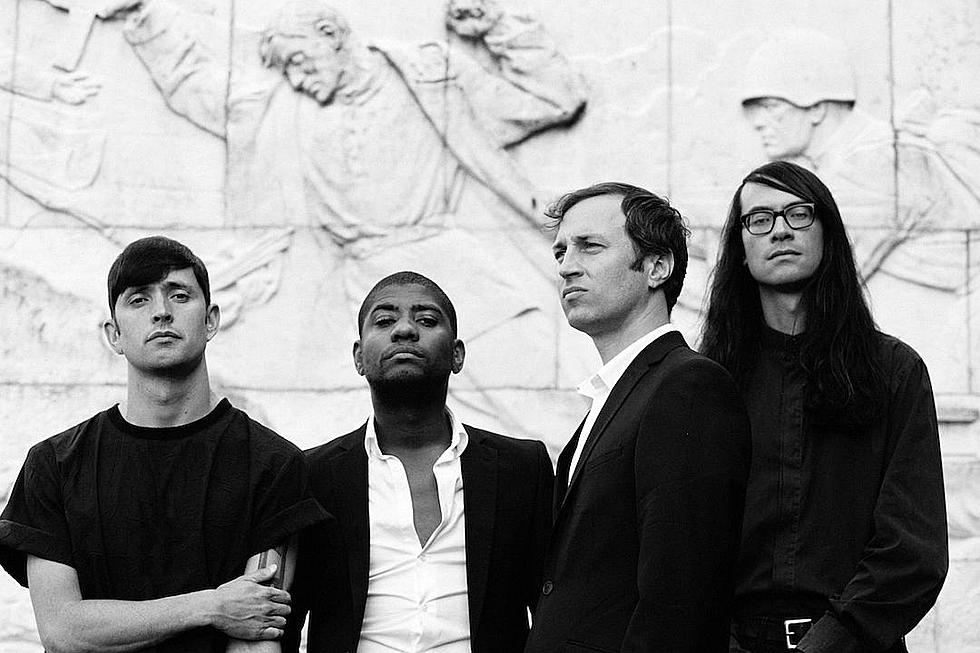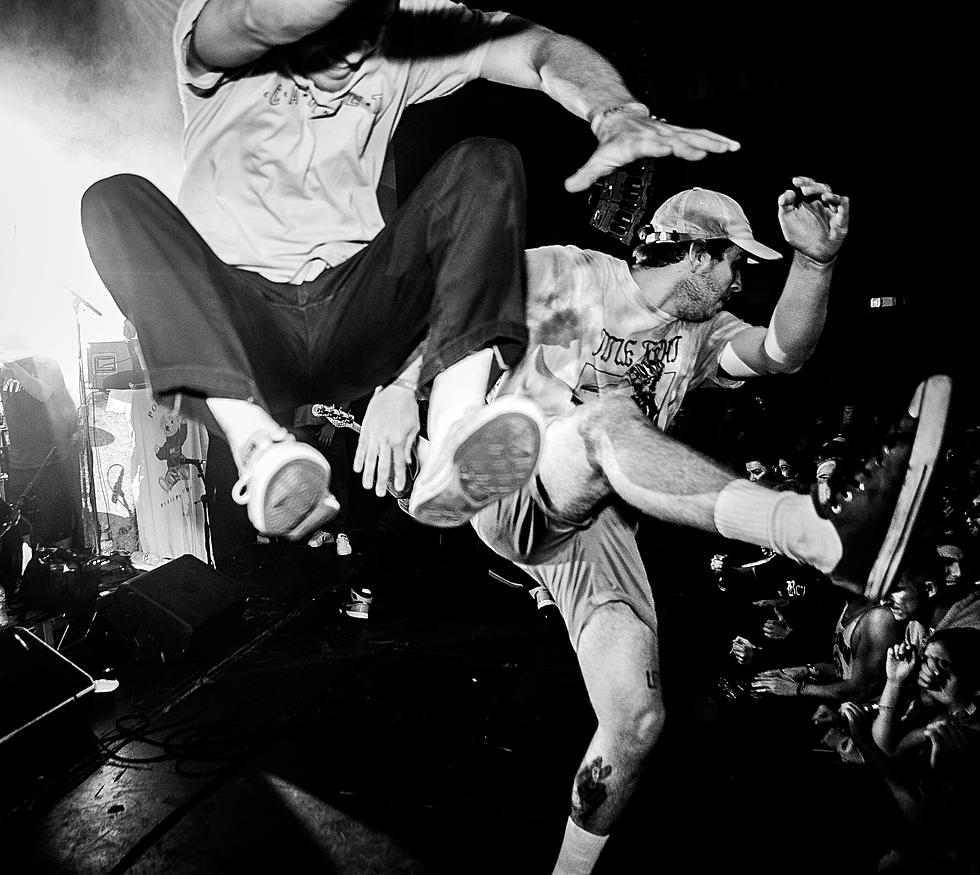
Do Concertgoers Actually Want Heightened Security?
It was hard to put our reaction to the 2017 Manchester bombing into words. It didn't seem real at first, the idea of another huge loss of life at an entertainment venue, not even a year removed from the Pulse nightclub shooting in Orlando. At the time of this posting, details are still pouring in about the exact specifics of the event and the attack, but what we have learned is that 22 people have been confirmed dead, and 59 wounded. For many, the immediate concern when learning of an attack this severe is whether or not the venue had adequate security, if the event coordinators took the proper steps to ensure safety for attendees. Another question to consider: Do people actually want higher security measures when it comes to events?
Before diving into the question, it's important to consider exactly what happened two days ago. The bombing occurred in the venue's foyer, which leads into Manchester Victoria station, at around 10:30PM. The foyer works both as a lead-in to the train station and a lobby area, where Ariana Grande fans were buying merch. Early reports suggest that security around the area was lacking.
“The attack appears to have taken place in the walkway between the stadium and Victoria Station," said security analyst Daniel Falkiner, according to The Washington Post. "Suggesting that the perpetrator may have felt that the level of security in the stadium itself posed too high a risk to the success of his operation to carry it out inside.”
Despite this, the U.K. isn't a stranger to high security measures. Nearly 12 years after the London subway bombings, measures have been taken across many different areas for potential attacks, both inside and outside of venues.
"We had a number of off days in London, and would end up parking at one of the number of huge parking lots at the O2 Arena," says Mike Hranica of the Devil Wears Prada, speaking of a U.K. tour at the end of last year. "The arena has all its own restaurants and shopping around it. That’s where we’d eat and hang out, go to bars. The security there was extensive. When you’d walk in ... it’s like walking to any American mall, but when you walk in and you’re carrying a bag, they’ll look through it. If I recall, you can’t wear a hood."
Back in the U.S., similar levels of security can be found at a variety of different venues. In New York City, depending on what venue you attend, you will experience a variety of security measures.
"I was a little put off at Coheed and Cambria at Terminal 5 yesterday," says Matthew Rappo, a New York City resident and concertgoer. "I don’t know if it’s because of AEG buying out Bowery Presents, but it’s the first time I’d ever been there seeing metal detectors —an actual you’re-going-to-the-airport, walk-through metal detector. I’m still fine going to those clubs and arena shows, but it seems like security theater to me."
Heath Miller, vice president and talent buyer at Webster Hall, recognizes the importance of security at all levels when it comes to the venue, making sure everybody is held to the same standard across the board.
"Let’s start with the entry process for Webster," he says. "We search all talent coming in — everyone. There’s very rarely exceptions to that rule. Even when Metallica played here, they got wanded. Last year when Green Day was here, we brought in a bomb-sniffing dog, things like that. There’s certainly higher protocol measures for more visible events, but for all events, you can go on Yelp, you’ll read that Webster has the most invasive searches, and they are mad they get searched so aggressively at Webster. I get complaints about it all the time from random people, email, wherever, and I’d rather have a security guard violate your personal space if it keeps everyone safe."
While the Manchester attacker may have picked a less dense area for security, it may be that there's a sharp difference when it comes to domestic standards of security.
"There was a stark difference going to Roadburn in the Netherlands, as well as an Arsenal game in London, compared to sporting events and concerts in the U.S.," says Rappo. "Basically, all Roadburn is doing is making sure you have your wristband, and that’s about it. And at the Arsenal game — and this was right around the French election, when things were super tense — they would just check my ticket and then pat down, no wand. It was the smoothest thing I’ve dealt with outside of going to a shitty punk house this year."
Since the Pulse attack, venues across the country have begun to see an uptick in security compared to years prior, both for concertgoers and talent.
"I have seen [an increase in security], particularly just finishing the Killthrax run, the first time we were playing the bigger rooms across the States in a number of years," says Hranica. "We were all really surprised at security, having not seen that ever. Basically, going to any number of dressing rooms, they were doing metal detectors, which I’ve simply never ever seen. Doing Mayhem Fest for a number of years in these amphitheaters across the States, I’ve never seen metal detectors headed into the dressing rooms. But most of the Live Nation gigs, who booked most of the tour, do have that now. I haven’t been to an arena show as of late, but I can only imagine something like a Drake tour doing heavy, expensive metal detectors, at least here."
That uptick in security measures in the U.S. may be responsible for why these kinds of tragedies occur less at domestic concert venues. There's a rapidly increasing quality of security available for venues, no matter what capacity or size.
"Many of the tools exist from both a physical search level and a technological level that we should protect people that come to our facilities, as well as the artists," Miller continues. "Unfortunately, this trickles down to either higher costs to the fans or lower payouts to the artist, but it is worth that cost of capital and expense to keep people safe. I never want to be involved in an event that hurts people, whether it’s a fistfight or much worse. I want people to come to concerts, have a great time and leave feeling better at the end of the concert than at the beginning. Music is supposed to be something that’s enjoyable, that you shouldn’t be afraid of enjoying."
It may come to pass the standard of security seen at these venues — requiring patrons to deal with a metal detector upon entry — would help curb attacks targeted at large gatherings of people. In addition to requiring metal detectors at venues, the police themselves seem to be taking further actions to prevent similar tragedies from occurring in the future. But for now, venues that have comprehensive measures continue their efforts to prioritize safety for their patrons.
"We already have aggressive security, as quoted on Yelp," Miller adds, "and we will continue to be aggressive to protect our customers. I think we already have most, if not all of the protocols in place that we can use to the best of our ability, next to having military technology on hand, and we have weekly meetings with our local precinct, as well as special divisions of the precincts to make sure we’re on the cusp of any threats they might be aware of, as well as internal things with any artist that make their radar as someone who is problematic. We’ve cancelled or indefinitely postponed events that they’ve suggested issues with because we don’t want issues. Webster Hall has been here for 131 years, and we want it to be here for 131 more."
And while the effects of short-term attendance may be affected in some areas, regular concertgoers will not let the attack change their attitudes.
“Absolutely not," Rappo insists. "Even thinking about the Bataclan attack, I went to a show the next day and didn’t think much of it. I think the second you start changing your lifestyle and preventing yourself from going to public spaces like that, then those assholes win.”
More From CLRVYNT









